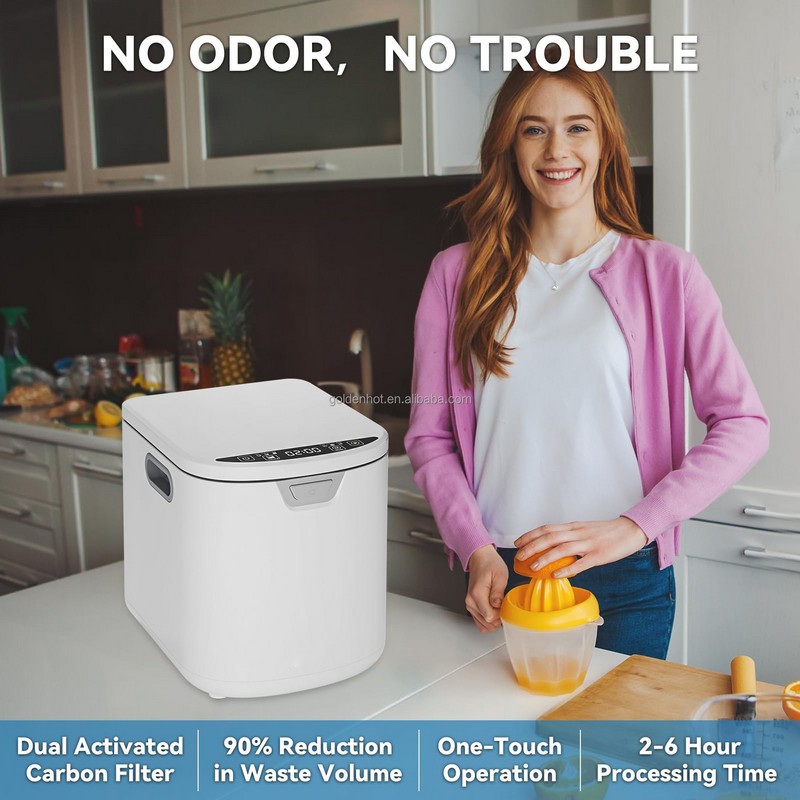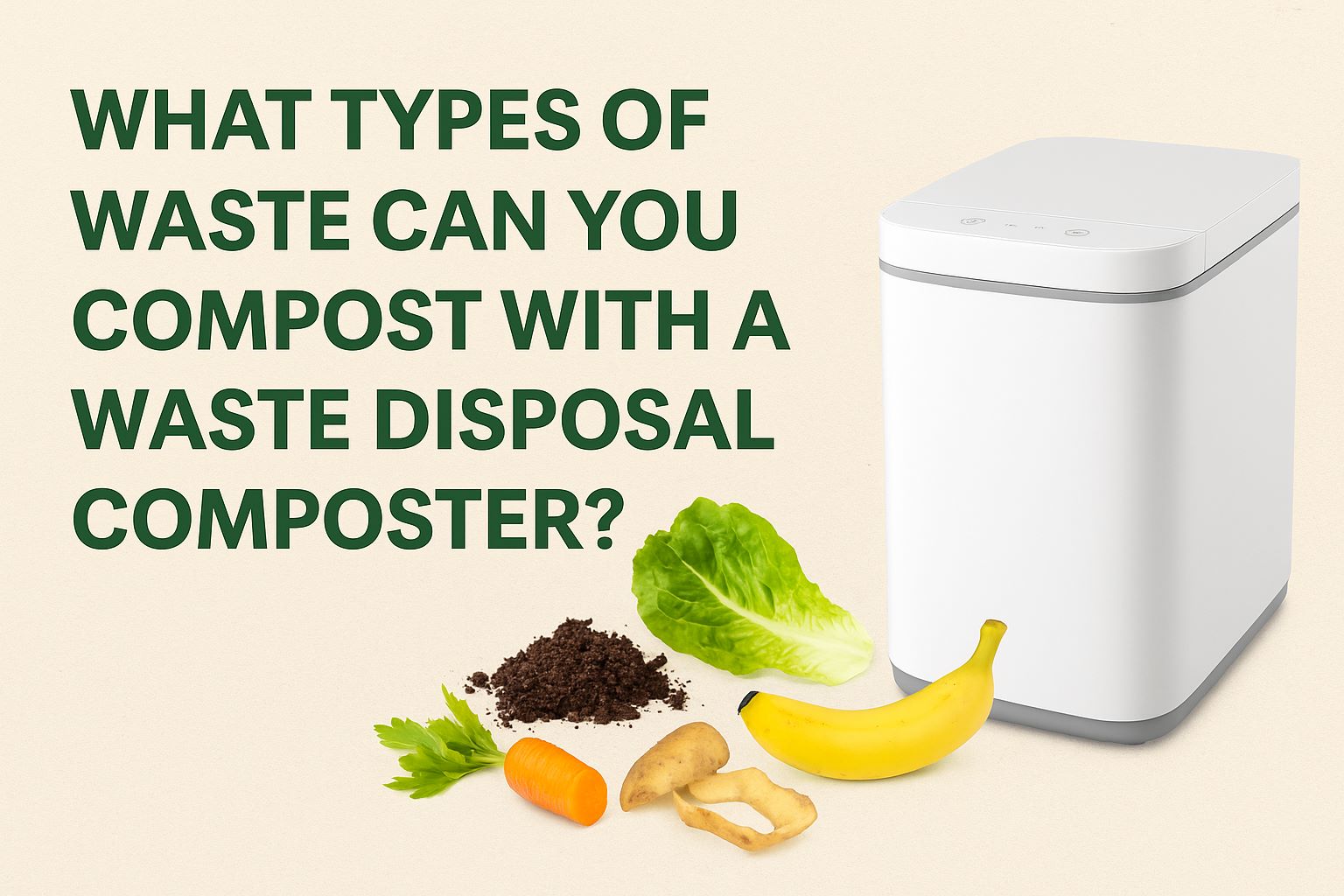In today’s world, sustainability is more important than ever, and one of the simplest ways to reduce your environmental footprint is by composting. A waste disposal composter offers an efficient and eco-friendly solution for managing organic waste. However, to get the most out of your composter, it’s important to know what types of waste are suitable for composting.
In this article, we will discuss the various types of waste you can compost, helpful guidelines for composting, and why using a waste disposal composter is a great choice for environmentally-conscious homeowners.
Understanding Composting Basics
Before diving into the specifics, it’s essential to understand how composting works. Composting is a natural process that turns organic waste into nutrient-rich soil. Microorganisms break down organic materials, and over time, this process results in compost, a valuable addition to gardens and plants. A waste disposal composter streamlines this process, making it easier to compost at home.
Types of Waste for Composting:
1. Kitchen Waste Kitchen scraps make up a significant portion of compostable waste. Some of the most common kitchen waste items that can be composted include:
Fruit and vegetable peels: Banana peels, apple cores, potato skins, and carrot ends.
Coffee grounds and filters: Used coffee grounds and paper filters are rich in nitrogen, which is beneficial for composting.
Eggshells: Crushed eggshells add calcium to the compost.
Tea bags: Make sure to remove any synthetic materials before composting.

2. Garden Waste Yard and garden waste is also ideal for composting. Items such as:
Grass clippings: Rich in nitrogen and decompose quickly.
Leaves and twigs: When shredded, they make an excellent addition to compost.
Weeds: Ensure they have not gone to seed to avoid spreading them.
Flowers and plant trimmings: These add valuable organic matter to your compost.
3. Other Organic Waste There are other organic materials you might not immediately think of, such as:
Wood chips and sawdust: Ideal for adding carbon to your compost.
Shredded cardboard: Make sure it’s plain and free of ink or plastic coatings.
Hair and fur: Pet fur and human hair are compostable and break down quickly.

4. What Not to Compost: While there is a wide range of compostable waste, there are also some materials you should avoid putting in your waste disposal composter:
Dairy products and meat: These can attract pests and are slow to break down.
Oily or greasy foods: They can disrupt the balance of your gut.
Diseased plants: These may carry pathogens that could harm your plants.
Plastic and synthetic materials: Non-organic materials don’t decompose and can contaminate your compost.
Composting Guidelines for Best Results
To ensure your waste disposal composter operates efficiently, follow these basic guidelines:
Balance Green and Brown Materials: Green materials like kitchen scraps and grass clippings are rich in nitrogen, while brown materials like leaves and cardboard provide carbon. A proper balance of both is essential for a healthy compost pile.
Aerate Regularly: Turning the compost every few weeks allows air to circulate, ensuring faster decomposition.
Maintain Moisture: Keep the compost pile moist, but not too wet. It should feel like a wrung-out sponge.
Monitor Temperature: A compost pile should reach temperatures between 130°F and 160°F for optimal decomposition.

Why Use a Waste Disposal Composter?
Using a waste disposal composter offers numerous benefits:
Reduces Waste: Composting helps divert organic waste from landfills, reducing overall waste and its environmental impact.
Improves Soil: The compost produced is a valuable soil amendment, enhancing soil structure, texture, and fertility.
Eco-friendly Solution: Composting is a natural, chemical-free process that supports sustainability.
Saves Money: By composting at home, you save on waste disposal fees and reduce the need for store-bought fertilizers.
Conclusion:
A waste disposal composter is a fantastic tool for managing organic waste in a sustainable and eco-friendly way. By composting kitchen scraps, garden waste, and other organic materials, you can reduce your environmental footprint while creating nutrient-rich compost for your garden. Follow the composting guidelines for best results, and remember to avoid composting non-organic materials like plastics and dairy products.
At Goldhot, we provide high-quality waste disposal composters designed to make your composting process easy and efficient. Start composting today, and help reduce waste while improving your garden’s health!







